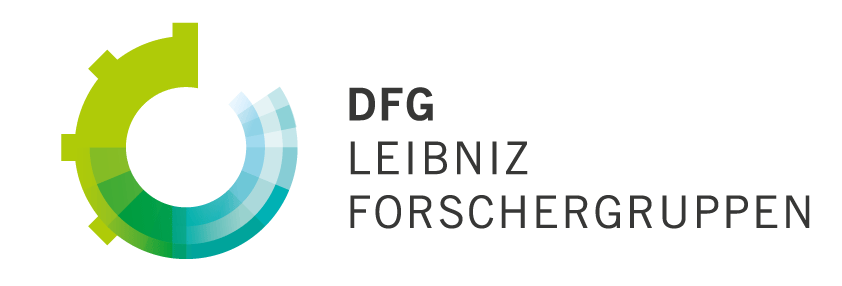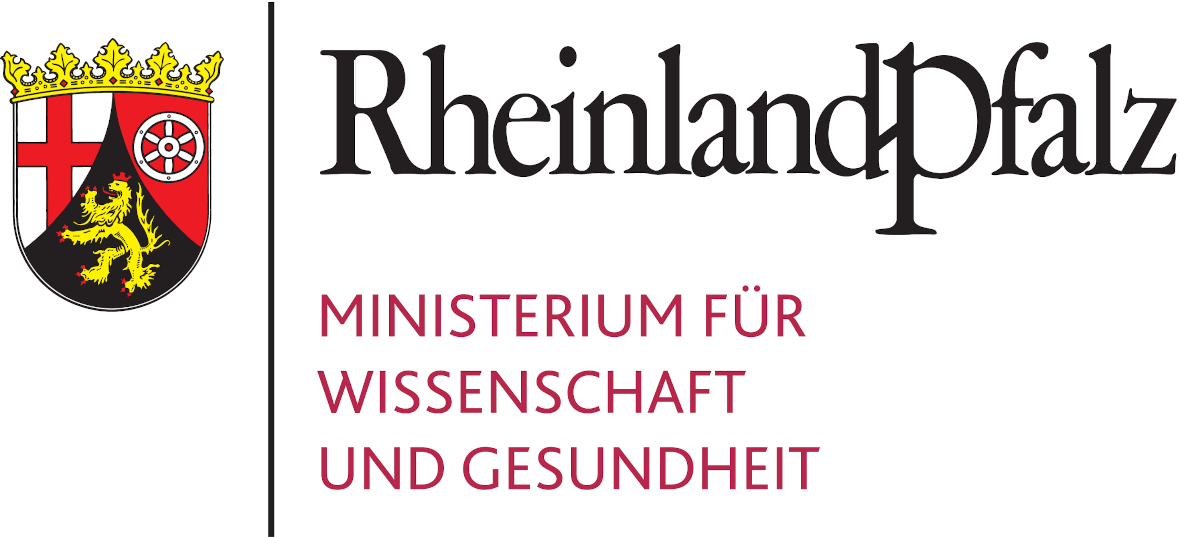The data collected for the print version on academies, archives, historical museums, associations, chairs and, from 1928, all tenured historians at universities and research institutions were imported into the virtual research environment FuD. FuD is a web-based work, publication, and archiving software for the humanities, which has been developed at Trier University since 2004. The modular software system supports the scientific work process in its various research phases and enables collaboration independent of time and place restrictions. FuD has been jointly developed at Trier University by the Servicezentrum eSciences, Forschungszentrum Europa (FZE) and the Trier Center for Digital Humanities (TCDH).
For the digital atlas, a data model for places, persons and institutions was developed in FuD, which allows collecting historical-geographical data over time and space in an event-based model. For each event, a time period, a place and different categories can be specified which control the layer (time and category) and geo coordinates the event is mapped. At the same time, workflows and modules were developed to save objects within FuD and assign them to their respective geographic information.
In addition, as the index function in FuD allows the creation of a geographical index, it was placed at the center of connecting place information and geo-objects with both metadata and text passages. The aggregation of the data is carried out via the FuD-API (GeoJSON) which is connected to the web-based GIS presentation system.
By storing the data in FuD, the data can also be re-used by other users and can even be extended by further information if required.








